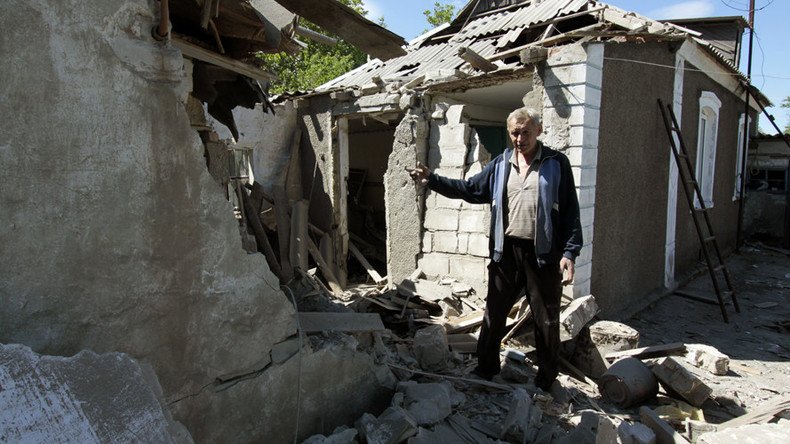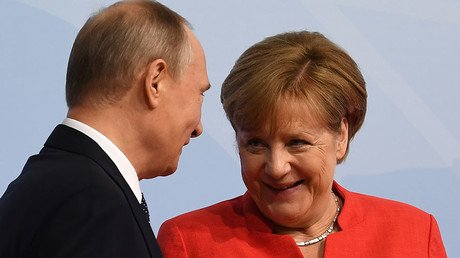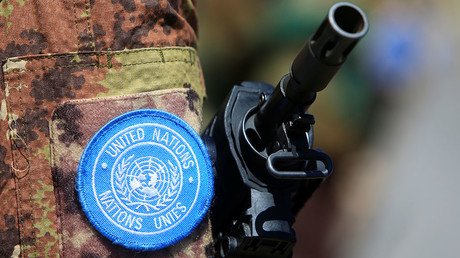Kiev bill on Donbass reintegration is unacceptable, says Kremlin

The Kremlin has described as “unacceptable” the Ukrainian bill on the reintegration of the self-proclaimed republics of Donbass, saying the document contradicts both the letter and spirit of the Minsk agreements.
“From a purely legal point of view, such a formula cannot be acceptable for us, neither de-jure nor de-facto,” Kremlin spokesman Dmitry Peskov told reporters on Friday. “It is unacceptable. From the legal point of view it contradicts the letter and the spirit of the Minsk agreements.”
The comments came shortly after the Ukrainian parliament – the Supreme Rada – approved in the first reading the bill on the reintegration of Donbass drafted by President Petro Poroshenko. The current draft of the document describes Russia as an “aggressor nation.”
“There is no such definition in the Minsk agreements. The Russian side is a signatory, in particular a guarantor of these accords,” Peskov said.
The peace deal known as the Minsk agreements was signed in February 2015 as a result of talks that involved representatives of the Kiev authorities, the self-proclaimed republics of Lugansk and Donetsk, Russia and the Organization for Security and Cooperation in Europe (OSCE).
The document envisages a ceasefire, the withdrawal of heavy weapons from the zone of contact between the pro-Kiev armed forces and the local Donbass militia, an exchange of prisoners, special status for the Donbass regions, and changes to the Ukrainian constitution.
In early September, Russian President Vladimir Putin called for a UN peacekeeping mission to be sent to the war-torn eastern regions of Ukraine. The mission would be deployed to the line of demarcation to protect the OSCE mission, which monitors the ceasefire.
Moscow’s initiative was welcomed by German Foreign Minister Sigmar Gabriel and Chancellor Angela Merkel, but the US and Ukrainian delegations refused to discuss it in the UN Security Council, bringing about a stalemate.














